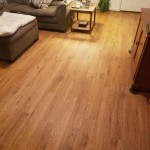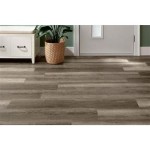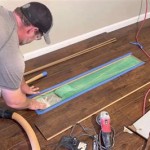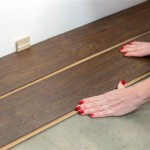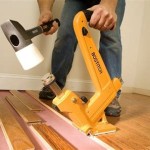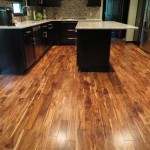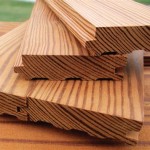Acacia Hardwood Flooring Hardness: A Comprehensive Guide
Acacia hardwood flooring has gained immense popularity for its durability, versatility, and aesthetic appeal. One of the key factors that contribute to its popularity is its exceptional hardness, making it a suitable choice for high-traffic areas and demanding environments.
Measuring Acacia Hardwood Hardness
The hardness of wood flooring is typically measured using the Janka hardness test. This test determines the force required to embed a steel ball halfway into the wood. The higher the Janka rating, the harder the wood. Acacia hardwood flooring typically falls within a Janka hardness range of 1290 to 1740, making it one of the hardest wood flooring options available.
Benefits of High Hardness
The high hardness of Acacia hardwood flooring offers several advantages:
- Resistance to Wear: Acacia flooring's exceptional hardness makes it highly resistant to scratches, dents, and abrasion. This characteristic ensures that your floor will retain its pristine appearance even in high-traffic areas.
- Durability: The high hardness contributes to the overall durability of the flooring. It can withstand heavy foot traffic, furniture, and other objects without showing signs of wear or damage.
- Long Lifespan: Due to its durability, Acacia hardwood flooring has a long lifespan. It can last for several decades with proper care and maintenance, making it an investment that will enhance your home for years to come.
Factors Affecting Hardness
Several factors can influence the hardness of Acacia hardwood flooring:
- Species: There are different Acacia species available, each with varying levels of hardness. Some species, such as Acacia melanoxylon (Blackwood), are known for their extraordinary hardness.
- Age: As Acacia trees mature, their wood becomes denser and harder. Therefore, flooring made from older Acacia trees will generally be harder.
- Growth Conditions: Acacia trees grown in harsh conditions, such as arid climates, tend to produce harder wood.
Hardness Comparison with Other Wood Species
Compared to other popular hardwood flooring options, Acacia ranks among the hardest:
- Oak: Oak hardwood flooring has a Janka hardness of approximately 1290, similar to the lower end of Acacia's hardness range.
- Maple: Maple hardwood flooring falls within a Janka hardness range of 1450 to 1750, comparable to the hardness of Acacia.
- Walnut: Walnut hardwood flooring has a Janka hardness of around 1010, making it softer than Acacia.
Conclusion
Acacia hardwood flooring's exceptional hardness makes it an ideal choice for demanding environments. Its ability to resist wear, dents, and scratches ensures that it will retain its beauty and durability for many years to come. Whether you're considering it for your home or a commercial space, Acacia's high hardness rating guarantees a floor that will withstand the test of time.

Hardwood Hardness Chart Floor Depot

Acacia Flooring Hardness Scale

Janka Hardness Scale Acacia Hardwood Flooring Bamboo Lumber Wood

Acacia Wood Hardwood Lumber Technical Information

Janka Hardness Scale Impressions Flooring Collection

Hardwood Hardness Ratings Woodchuck Flooring San Diego

Acacia Wood Flooring Guide Benefits Where To Buy

Characteristics Of Wood For Flooring Lordparquet Floor A Professional Supplier

Acacia Vs Walnut Which Hardwood Is Better For Furniture 2024 Today S Homeowner

Acacia Flooring Your Ultimate Guide Including Infographic
Related Posts

